An investor who participated in MegaETH’s oversubscribed $50 million token sale has lost his allocation after posting his intention to hedge his position on social media.
On November 8, IcoBeast, a pseudonymous crypto influencer with 67,000 followers, posted on X that his allocation from MegaETH’s token sale was worth “nearly $1 million dollars,” and that he needed “to figure out how to hedge this.”
Hedging refers to offsetting a position in an asset to reduce the risk of potential losses. In the case of hedging crypto tokens, it often refers to placing a bearish bet that pays out if a token falls in value.
To hedge, IcoBeast floated ideas such as getting a trading desk to write him a put, a derivative that pays out when the price of an asset falls.
A day later, IcoBeast posted a follow-up. “My allocation has been revoked and is now worth $0,” he said.
The reason? Hedging tokens violates the rules of MegaETH’s sale, according to Namik Muduroglu, MegaETH Labs’ chief strategy officer.
“Anybody who goes into Twitter and openly discusses plans to OTC and hedge their positions will receive a refund and zero allocation,” he said in a November 10 X post. “It makes no sense to allocate tokens to someone who wants to sell them before they even receive them.”
MegaETH is an upcoming blockchain project built on top of Ethereum. It aims to provide 100,000 transactions per second by using parallel transaction execution, among other technical features.
The project’s $50 million October token sale, in which IcoBeast participated, vastly exceeded expectations, drawing in over $300 million worth of pledged capital.
IcoBeast, MegaETH Labs, and Muduroglu did not immediately respond to requests for comment.
Mixed reactions
The decision to rescind IcoBeast’s token allocation has divided opinion among crypto investors.
Some praised the move as evidence that MegaETH’s founders care about the long-term success of the project and have no reservations about cutting off short-term profit seekers.
“Feeling sorry for IcoBeast here, but this should be a strong signal to the community and all $MEGA holders that you’re in the best possible hands,” Simon Dedic, founder of crypto investment firm Moonrock Capital, said on X.
Others were more critical, however.
“Not allowing people to hedge is nuts,” Grug, a pseudonymous crypto influencer, said on X. “Language like this will also just lead to more people hedging, which, let’s be honest, you nor anyone other protocol can effectively track.”
It’s not clear how MegaETH will enforce its no-hedging policy.
Token sale participants could hedge their positions on perpetual futures exchange using a different crypto wallet to the one they used to participate in the token sale, or organise a hedge privately with a third-party, and there would be no way for MegaETH to know that a participant had done so.
Token sale frenzy
Token sales like MegaETH’s have surged in popularity in recent months as investors bet on them replicating the eye-watering returns generated by similar investments.
In June, Bitfinex’s Plasma blockchain conducted a sale for its XPL ($0.28) token. When XPL launched in September, it traded at around $1.20, delivering an eye-watering 2,300% return to sale participants.
But such investments can be incredibly volatile. The XPL token has plummeted some 77% since then as early investors cashed out.
Direct crypto token sales, often called initial coin offerings, or ICOs, have a turbulent history.
They peaked in popularity in 2017, but were swiftly cracked down on by the US Securities and Exchange Commission after developers piggybacked on that popularity to peddle hundreds of dubious projects.
Bipartisan support for crypto legislation in the US, coupled with a more permissive approach to industry regulation from President Donald Trump’s administration, has given firms the confidence to conduct token sales again.
Tim Craig is DL News’ Edinburgh-based DeFi correspondent. Reach out to him with tips at tim@dlnews.com.
.png)








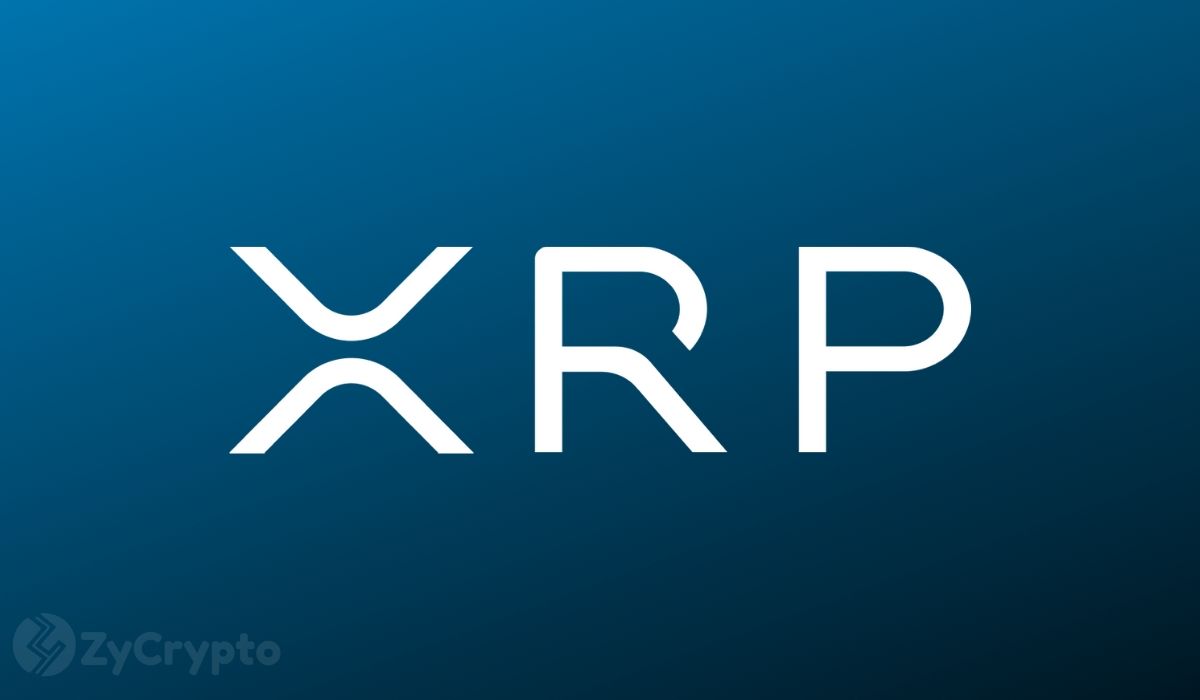


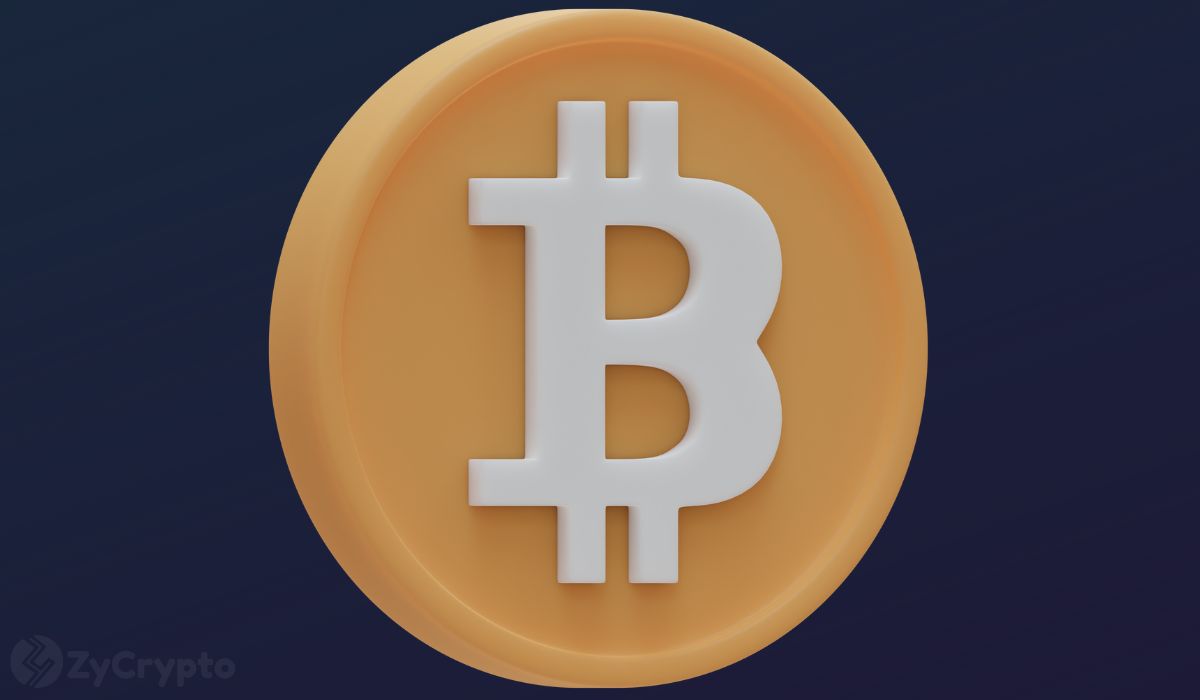
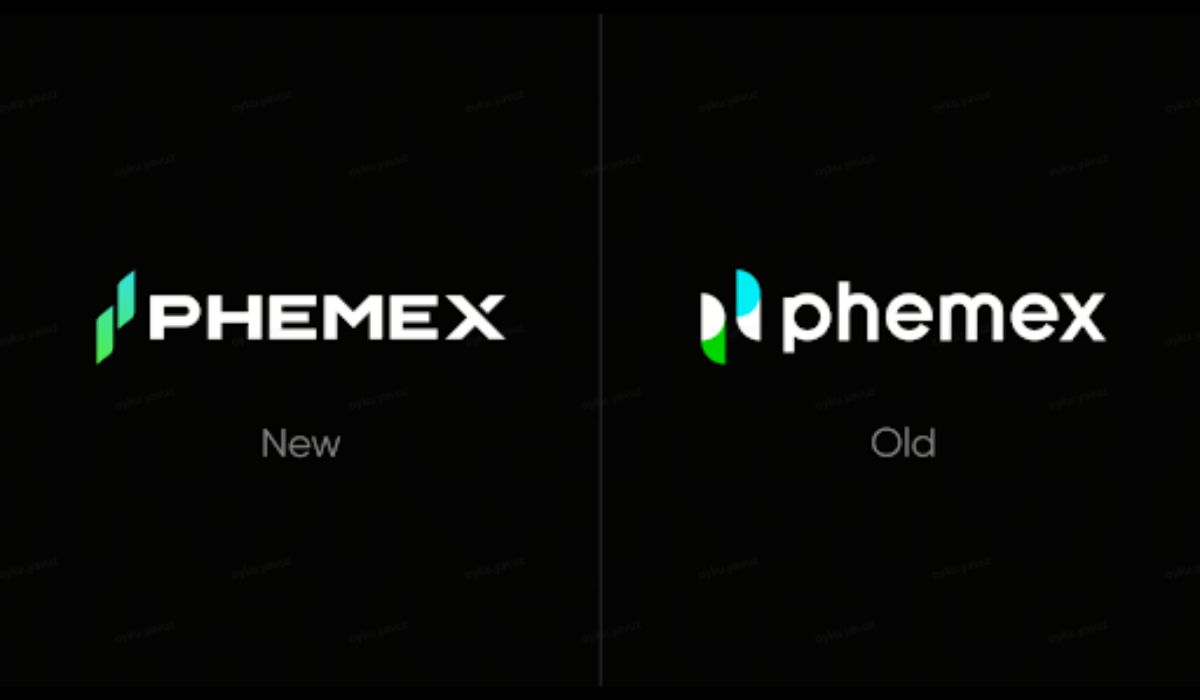

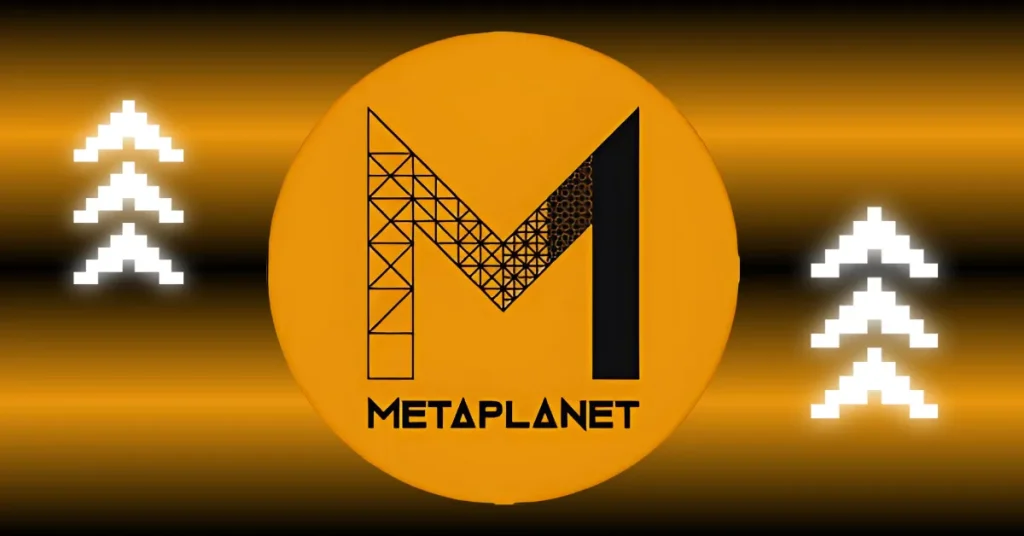

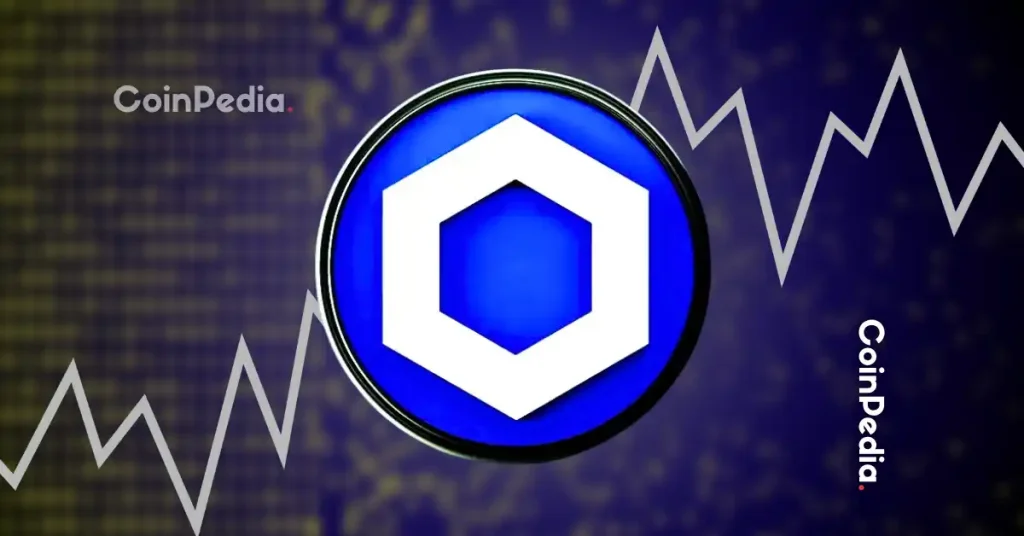

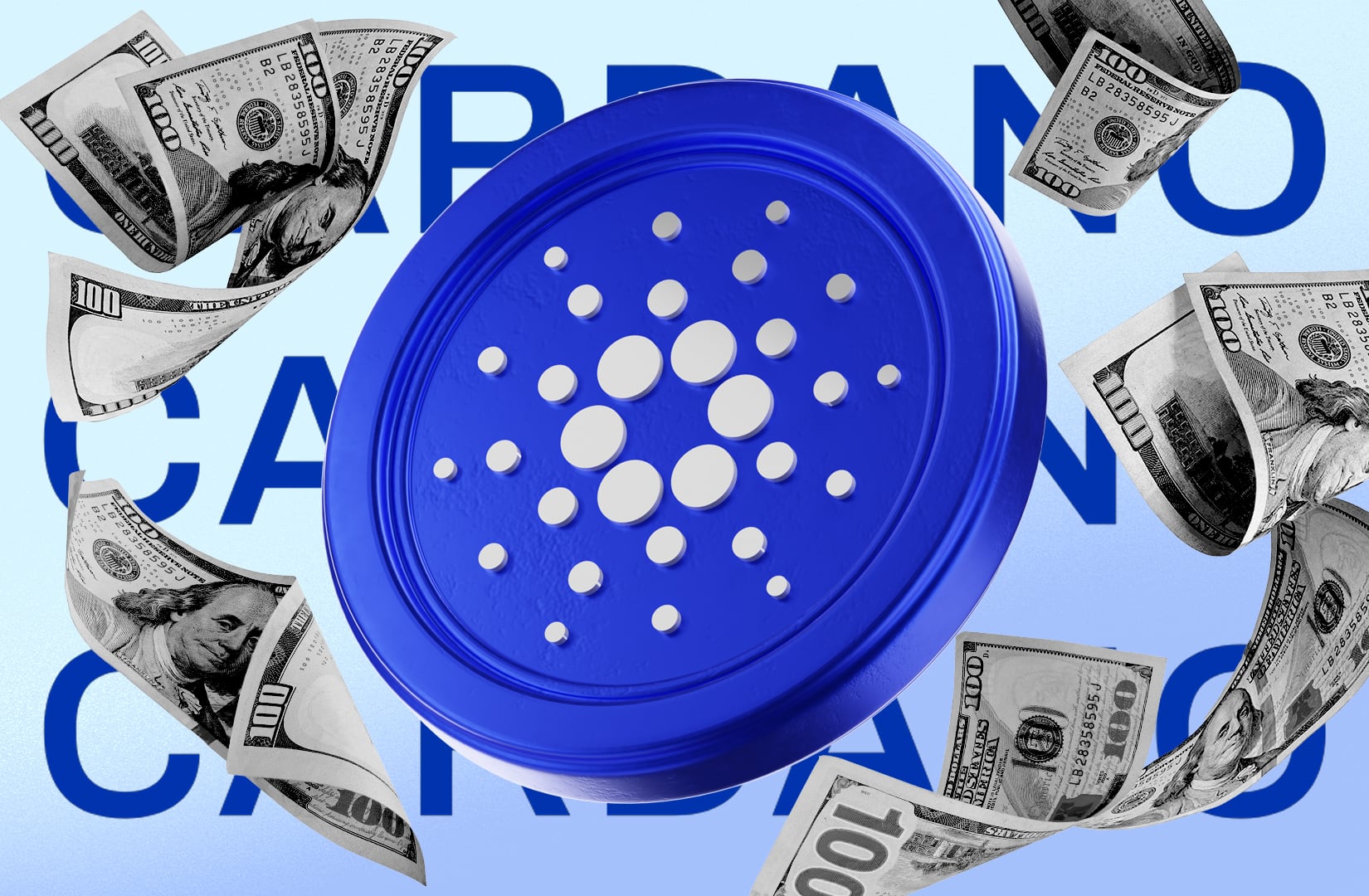
 24h Most Popular
24h Most Popular
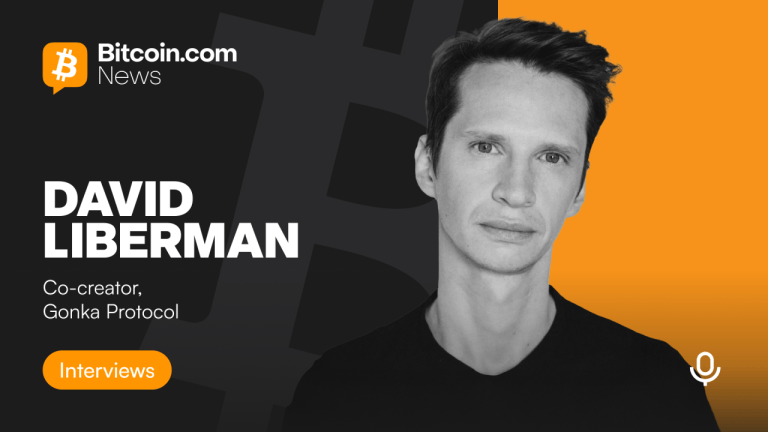








 Utilities
Utilities